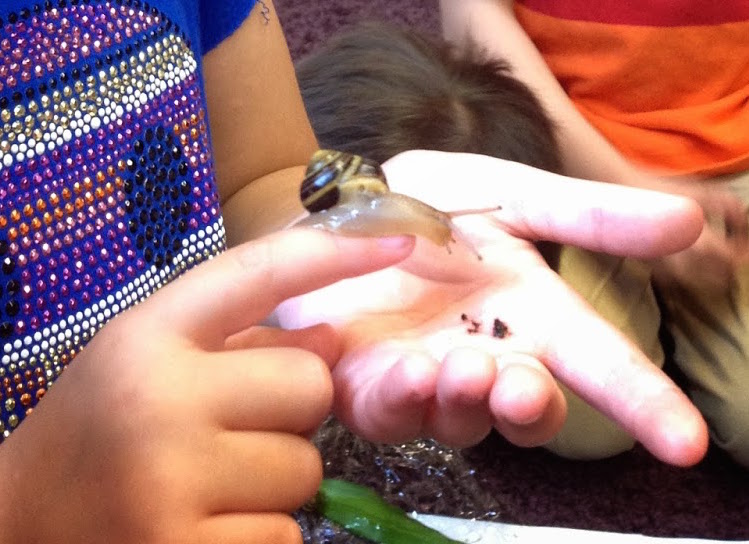A Jungle Gym for Snails: Joyful Learning in the Kindergarten Classroom
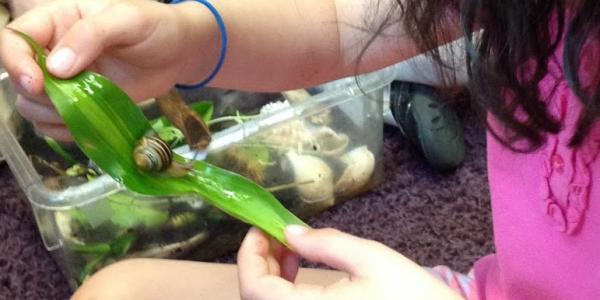
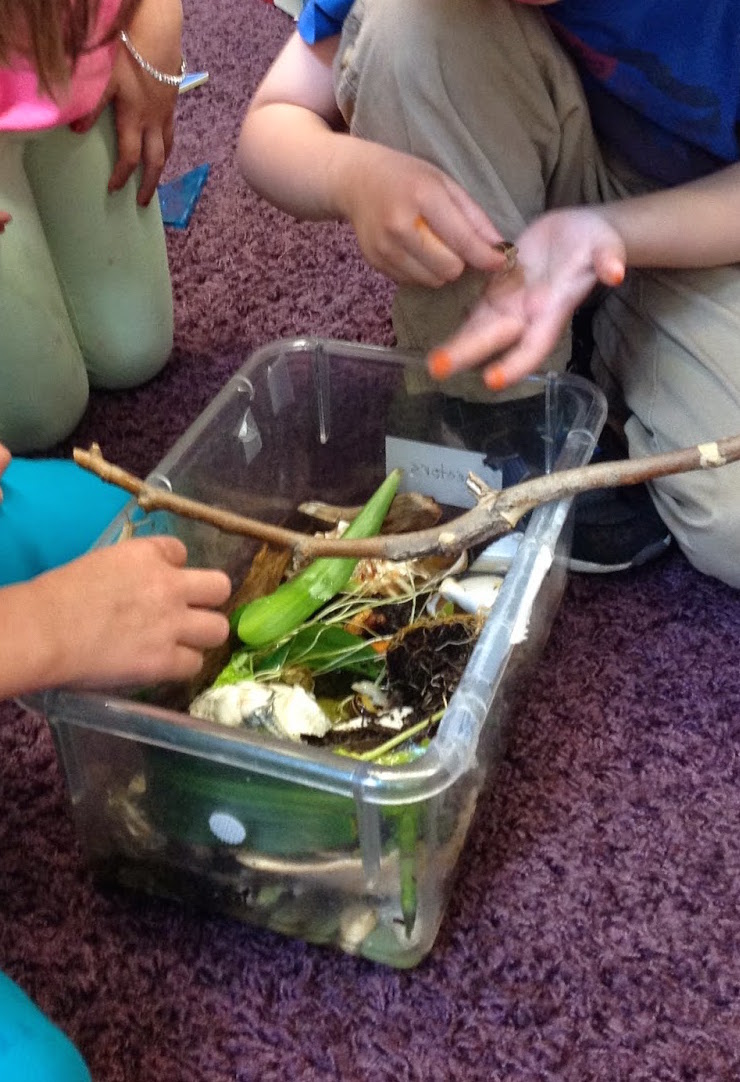 The energy in the nature corner is palpable today during choice time in my kindergarten classroom. Six children have elected to clean out the snail tank, a popular weekly activity. I listen to the dialogue between the children as they decide how to design the tank this week.
The energy in the nature corner is palpable today during choice time in my kindergarten classroom. Six children have elected to clean out the snail tank, a popular weekly activity. I listen to the dialogue between the children as they decide how to design the tank this week.
Annie: Look, over there—the snails are going round and round in circles on the branch.
Sophie: They like to climb.
Jessie: Let’s give them a little jungle gym.
Teacher: A jungle gym?
Jessie: A jungle gym for snails.
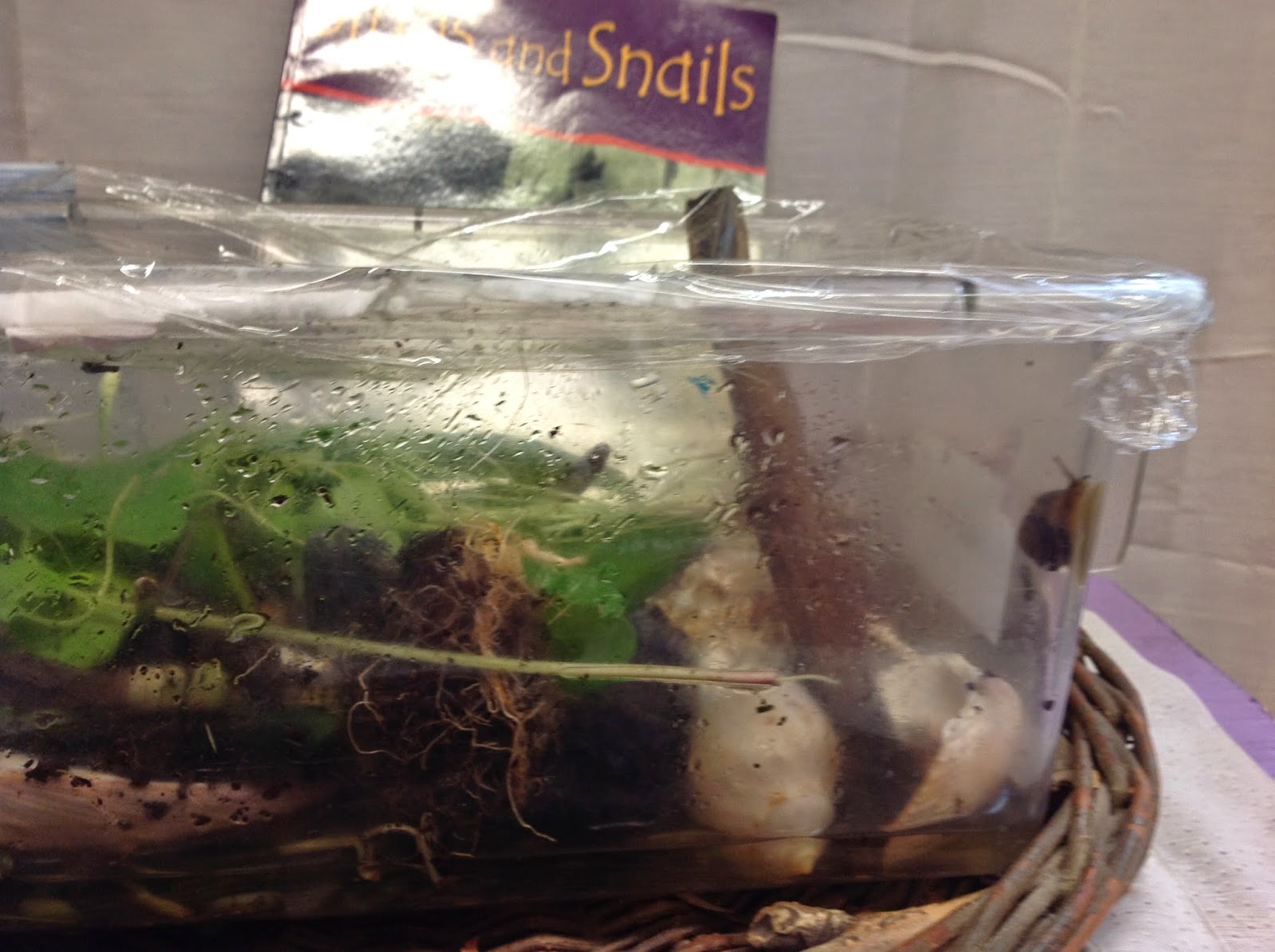
The children want to design a two-sided gym for the snails. One side will be comprised of soft leaves and soil and the other will house climbing equipment such as twigs, branches, and rocks. As the children exchange ideas, they sort through the materials in the nature center and consider how each may be instrumental to the jungle gym.
Mason: We could make a slide for them out of dead sticks.
Annie: And leaves at the bottom of the slide. If the snails go down a branch they will fall and hurt themselves.
Sophie: We could put leaves and plants on one side and shells and sticks on the other side.
Annie: One side is for snails to play. One side for snails to eat.
I offer the children paper and writing tools to create detailed drawings of their snail tank design plans. After some discussion of materials, the children begin the construction. They proudly share their progress with the rest of the class at the end of choice time.
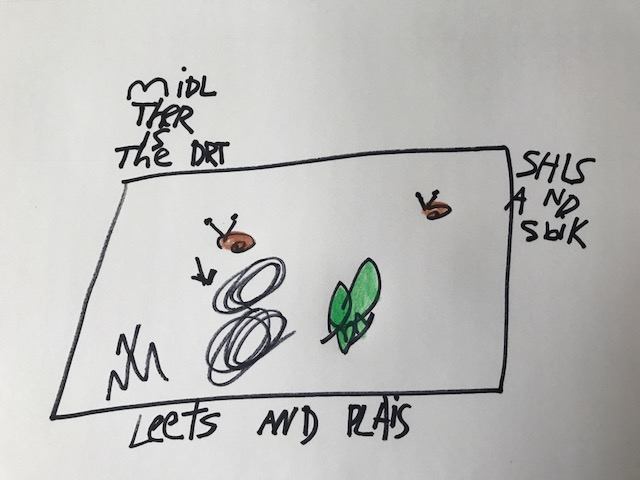
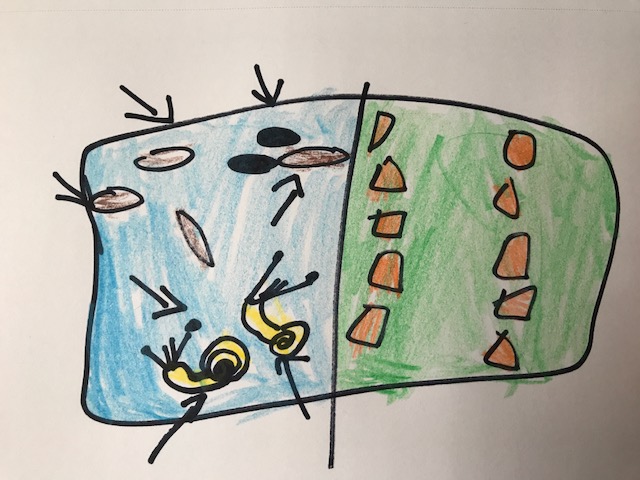
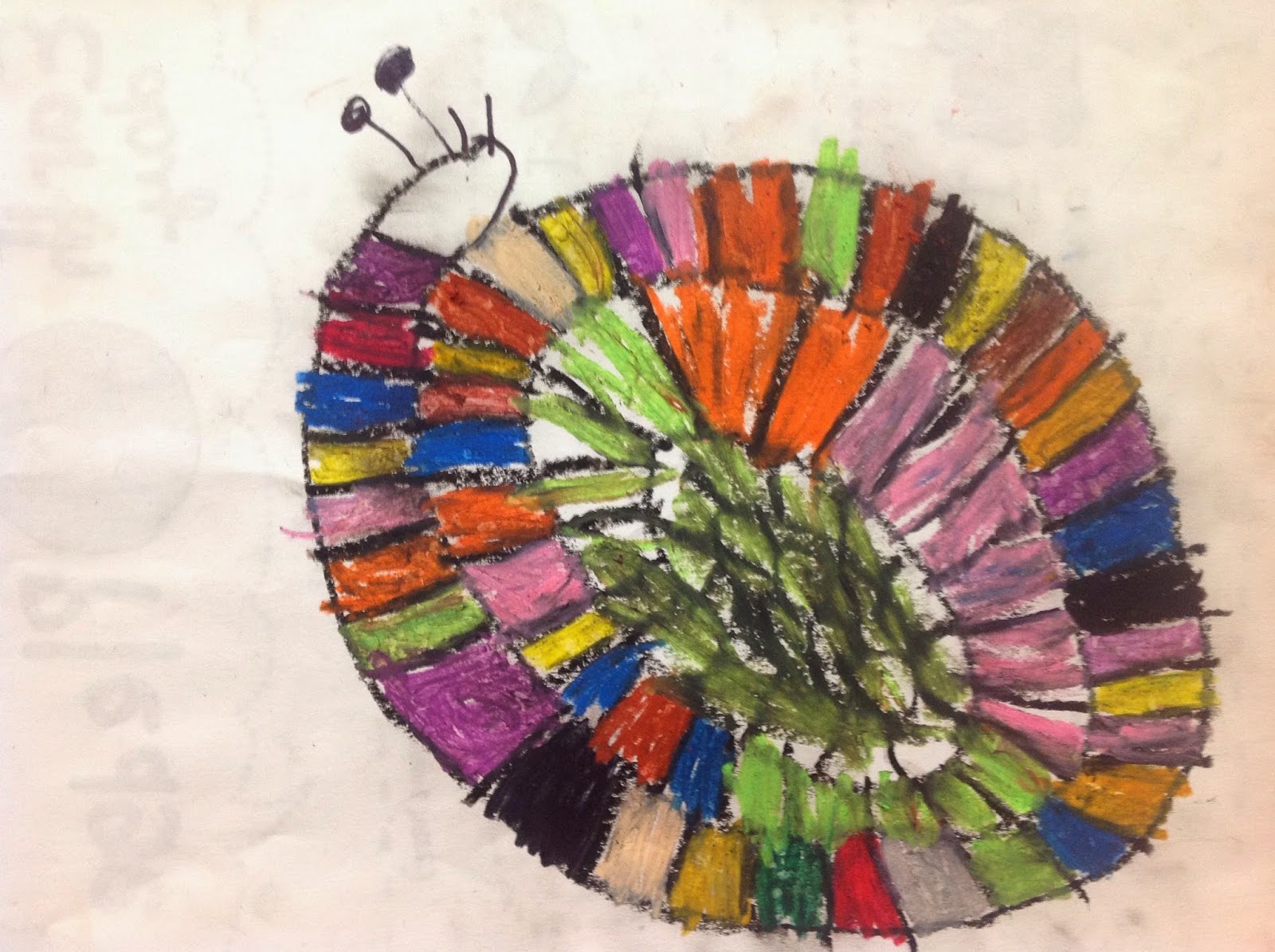
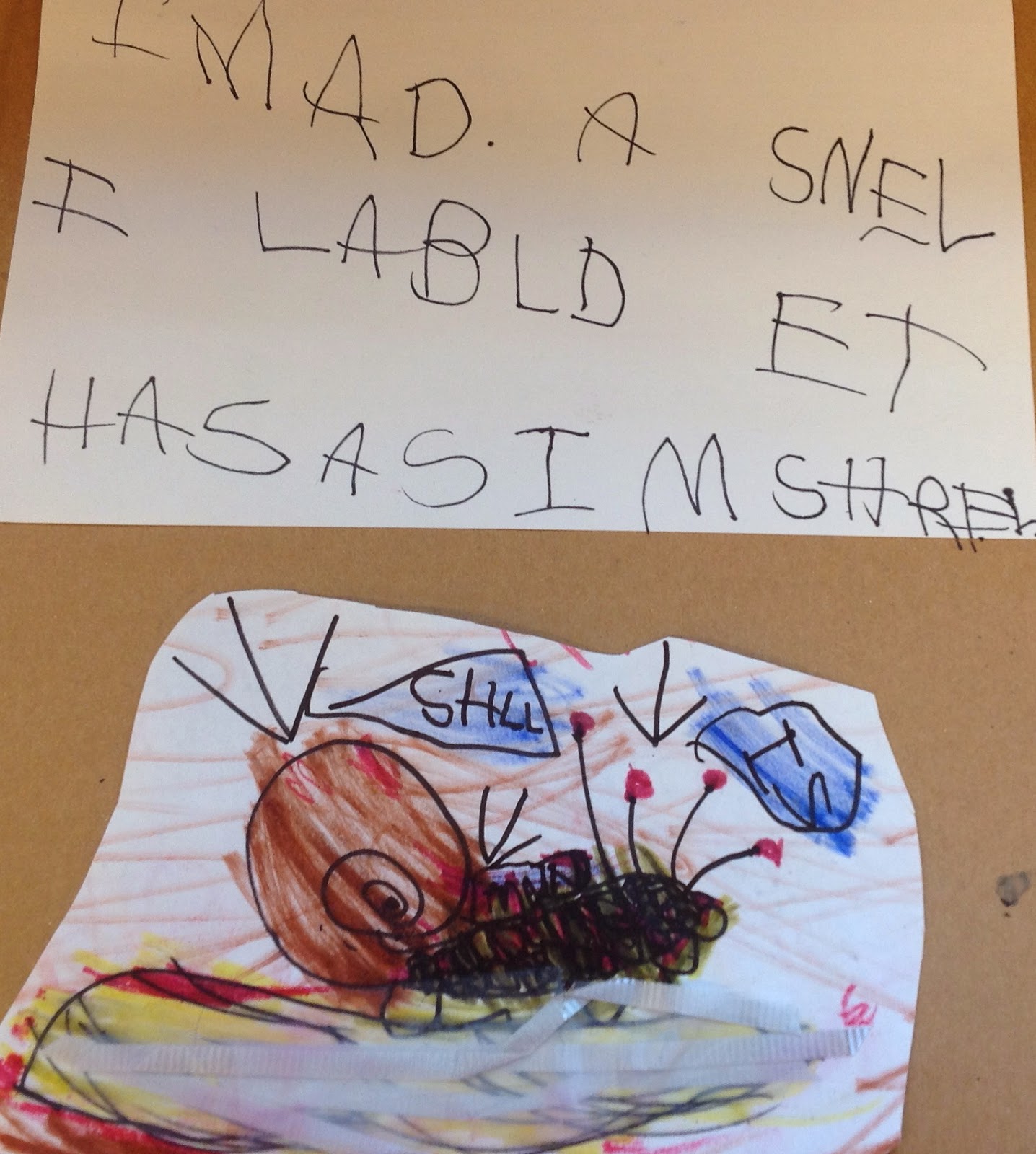
Joyful learning is present in kindergarten classrooms that honor the identities and interests of children. The vignette above highlights the depth of learning that can happen when teachers strategically observe children in their class, listen to their ideas and conversations, and nurture and validate their contributions. In the example, the routine task of cleaning the tank turned into an exciting project for the children requiring group effort. The children in the group were deeply invested in their learning since the jungle gym idea was born through their conversations and explorations. As the teacher following and documenting this exchange, I aimed to validate the children’s ideas and encourage group learning.
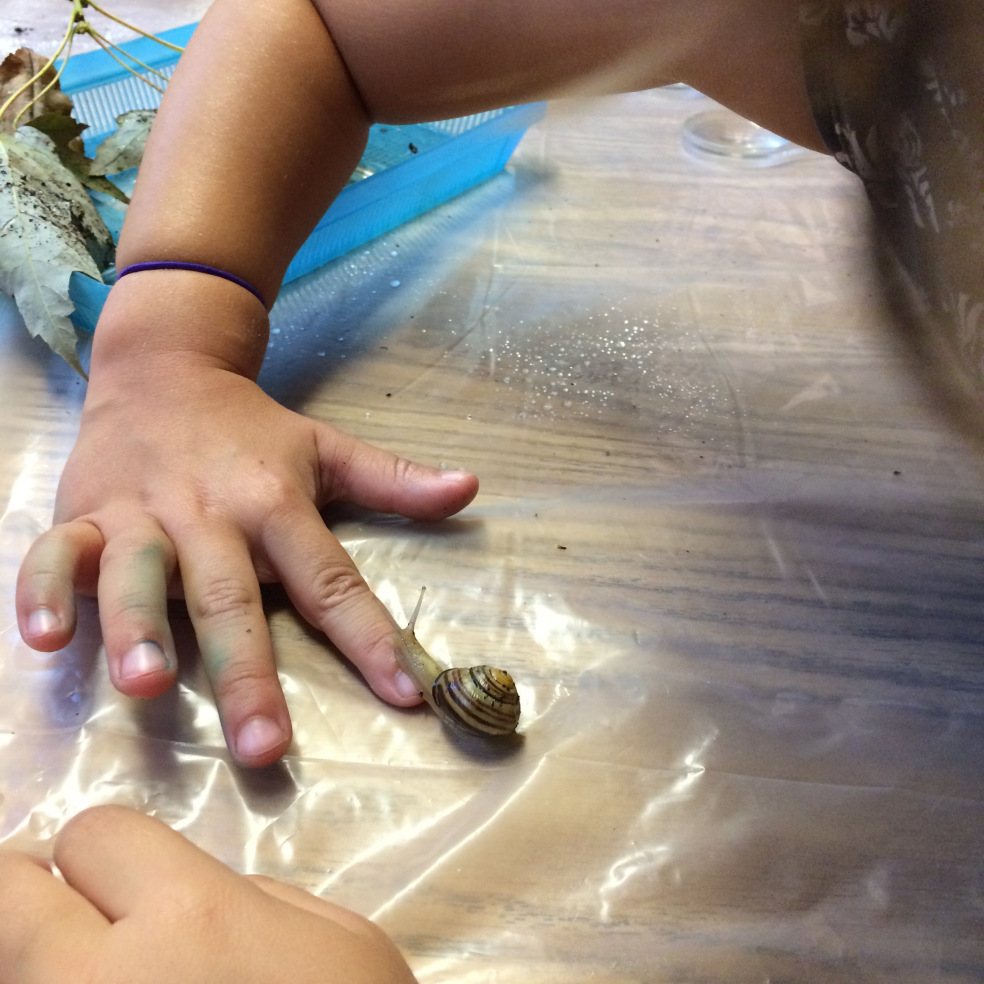 Young children enter the kindergarten classroom brimming with curiosity and wonder. They express big ideas with their bodies and active imaginations. Recent research suggests that kindergarten teachers are battling academic pressures and more demanding academic expectations formerly reserved for primary grades. The trickling down of academic skills and testing in kindergarten makes it all too easy to mute or dismiss the child’s voice, spirit, and joy in the classroom.
Young children enter the kindergarten classroom brimming with curiosity and wonder. They express big ideas with their bodies and active imaginations. Recent research suggests that kindergarten teachers are battling academic pressures and more demanding academic expectations formerly reserved for primary grades. The trickling down of academic skills and testing in kindergarten makes it all too easy to mute or dismiss the child’s voice, spirit, and joy in the classroom.
As a kindergarten teacher, I have learned to take many of my cues from the Reggio Emilia approach, in which observing, listening, and nurturing are essential to the teaching and learning process. The approach encourages teachers to step back and consider their image of the children in their classroom, their role as facilitator in the classroom, and the environment they create.
Lella Gandini commented that “nothing in school should happen without joy,” in an interview with the American Journal of Play (2011). In the midst of mounting academic pressures on teachers, it is essential that joyful learning continue to thrive in kindergarten classrooms. The Reggio Emilia approach can offer teachers inspiration to help keep that joy present and set the stage for a positive early learning experience.
Encouraging free exploration in an early childhood classroom
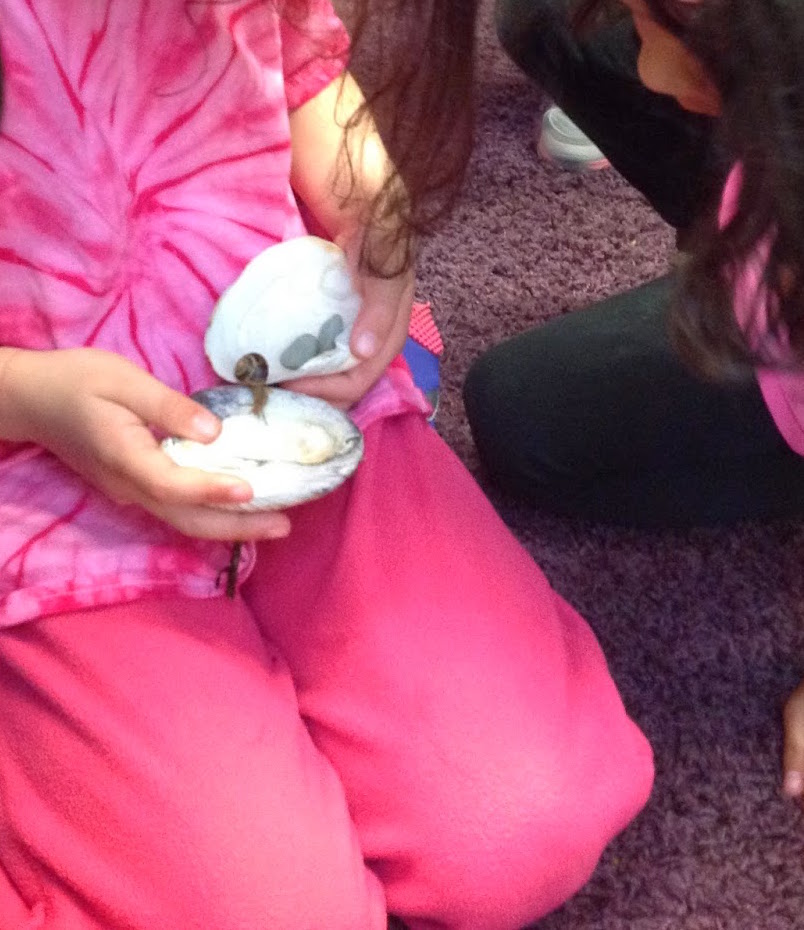 Consider the learning community and environment in your classroom.
Consider the learning community and environment in your classroom.
Create an aesthetic environment that reflects the interests and identities of the students. Think of your classroom as a living laboratory filled with strategically placed materials that invite exploration.
- Consider your role in the classroom.
Act as an observer and researcher listening to and documenting the conversations between children during play in order to plan activities that match their area of excitement and wonder. Feel free to join in the conversations at times to pose questions to extend the line of thinking or inspire more ideas.
- Consider the curriculum in the classroom.
Children will be more motivated to freely explore and learn in a classroom boasting an environment, projects, and activities that have been carefully designed to reflect their ideas and interests.
Resources
Bassok, D., S. Latham, & A. Rorem. 2016. “Is Kindergarten the New First Grade?” American Educational Research Association 1 (4): 1–31.
References
Gandini, L. 2011. “Play and the Hundred Languages of Children.” American Journal of Play 4 (1): 1–18.
Melissa Fine, MA, is an instructional coordinator for the Division of Early Childhood Education in Queens, New York. Melissa supports teachers, program leaders, and children in universal 3K and pre-K programs. She has worked as an early childhood educator for over 10 years. She has published several works for NAEYC and Young Children focused on celebrating the interests of children and advocating for developmentally appropriate practices. [email protected]
